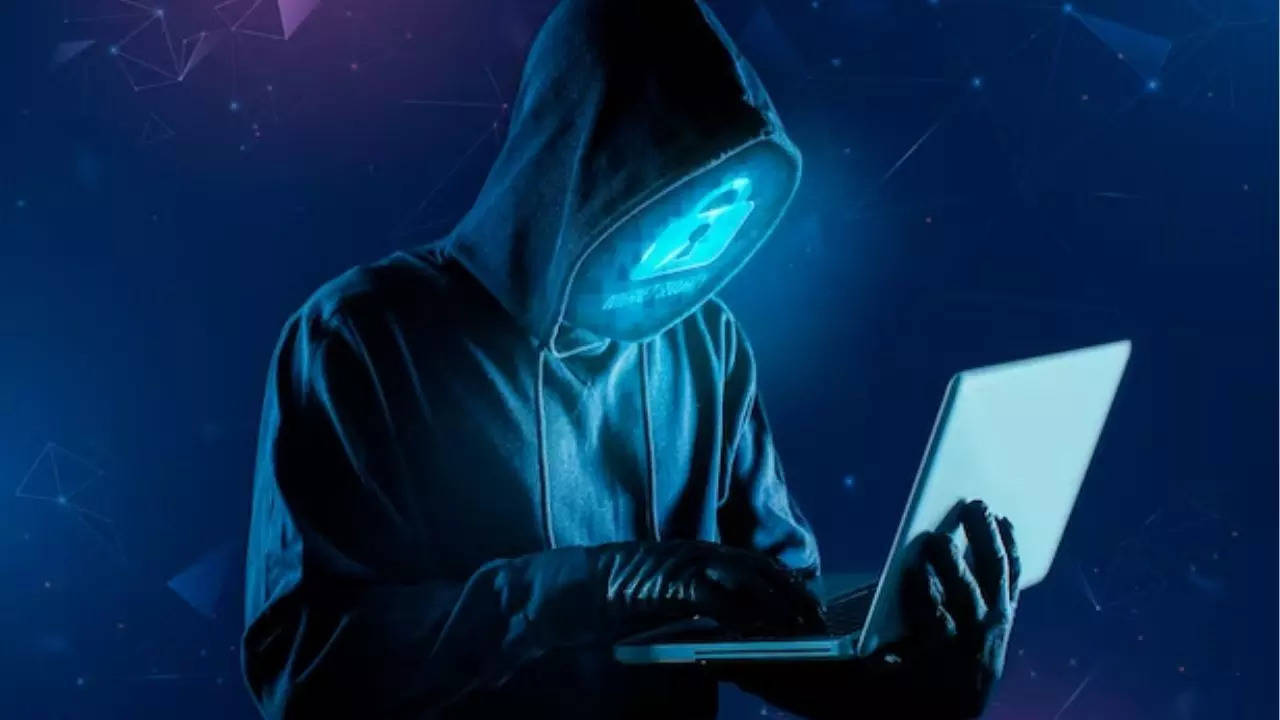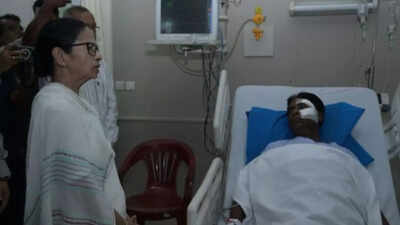
Hyderabad: Telangana has emerged as the top target for cyber-attacks in India, followed by Tamil Nadu and Delhi, according to the “India Cyber Threat Report 2025” released by the Data Security Council of India (DSCI) on Thursday. The report highlights banking, financial services and insurance, healthcare, and hospitality as the most frequently attacked sectors.
The report suggests that these regions face disproportionately high volumes of malware activity, likely due to their higher levels of digital adoption and connectivity. “While major tech hubs like Telangana (15.03% of detections) and Tamil Nadu (12%) remain primary targets, we’re seeing increasing activity in Tier 2 cities. This suggests that cybercriminals are expanding their reach beyond traditional targets, possibly because smaller cities might have less robust cyber defences,” the report stated.
In addition to traditional cybercrime hot spots, the rise in attacks in smaller cities indicates a shift in tactics, with cybercriminals targeting regions that may be more vulnerable to digital threats. The findings underscore the increasing need for improved cyber security measures across the country.
Court Hears Phone Tapping Allegations in Election Dispute
In a separate legal matter, the Telangana High Court is hearing allegations of phone tapping, with the complainant asserting that his privacy was violated by state government officials. The complainant, represented by lawyer Siddharth Luthra, argued that the state’s intelligence personnel and equipment, which should be used for lawful purposes, were instead employed for private benefit. Luthra claimed that Apple had informed the complainant via email that his phone was being tapped, Times of India reported.
Harish Rao’s lawyer, Ramchander Rao, countered these allegations, describing the complainant as a “habitual” petitioner who had previously filed complaints with the police about phone tapping and had also filed an election petition challenging Harish Rao’s election.
Luthra, however, defended the complainant’s right to file an election petition, asserting that this fundamental right could not be disputed. He also argued that the serious nature of the alleged “phone tapping” offence meant that Harish Rao should not be granted anticipatory bail and should not be protected from arrest.
Justice K Lakshman, after considering the arguments, pointed out that he had previously granted protection to a petitioner in an SC & ST (Prevention of Atrocities) Act case, while allowing the investigation to continue. The matter has now been escalated to the Supreme Court, where it is pending.






